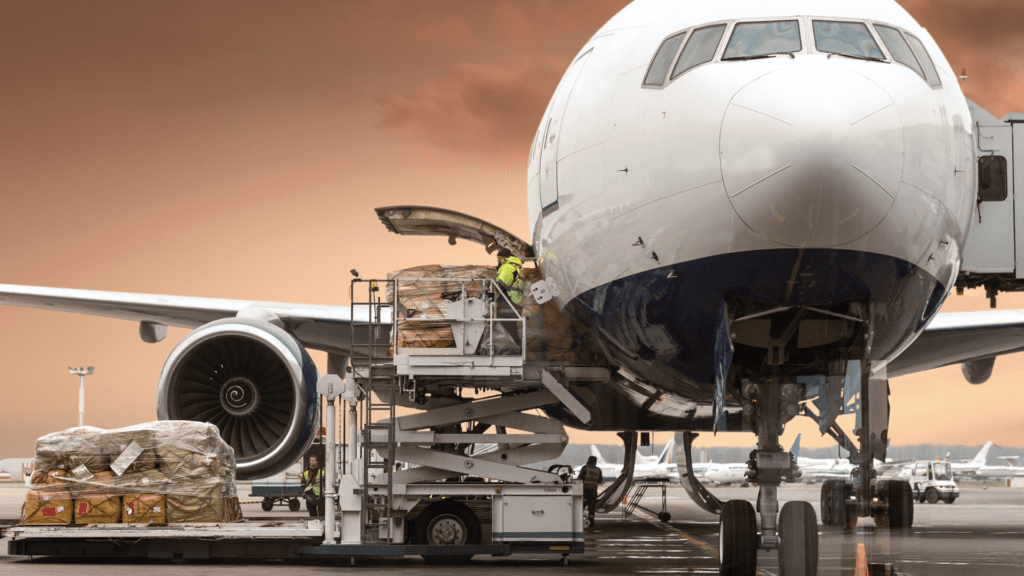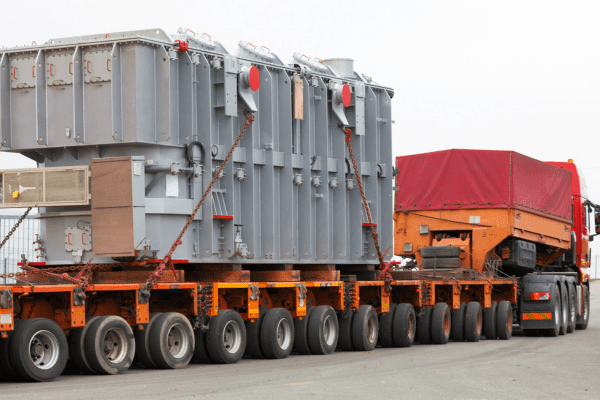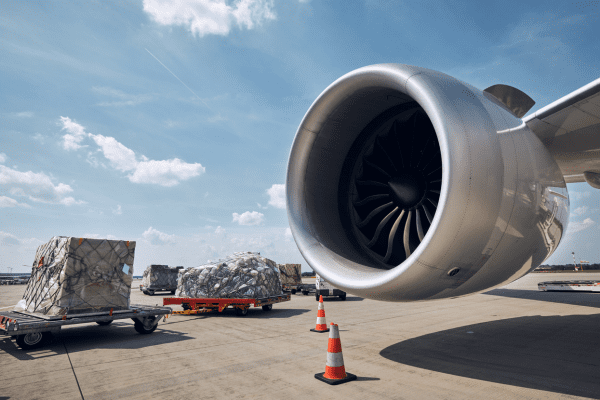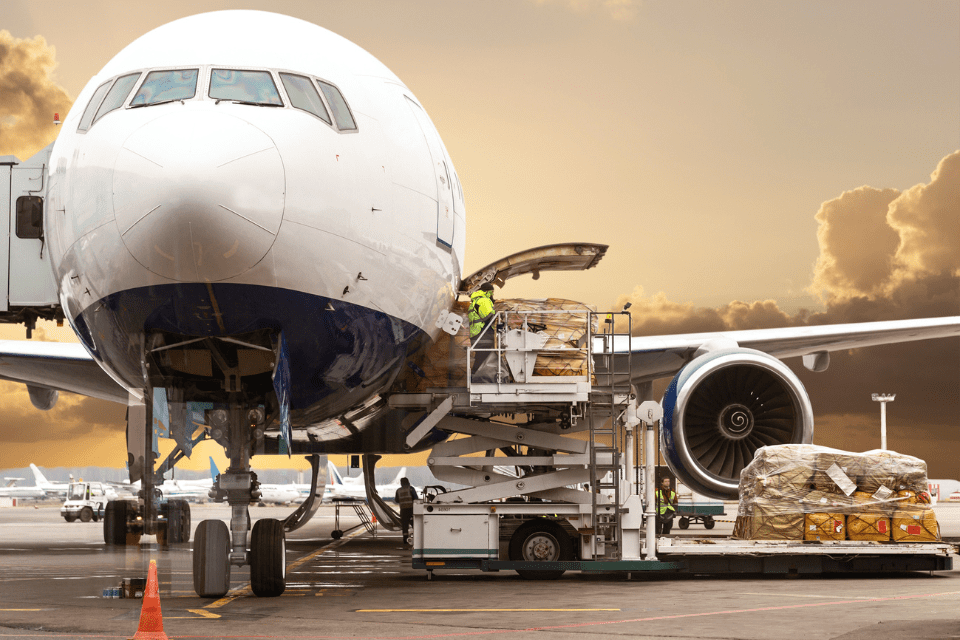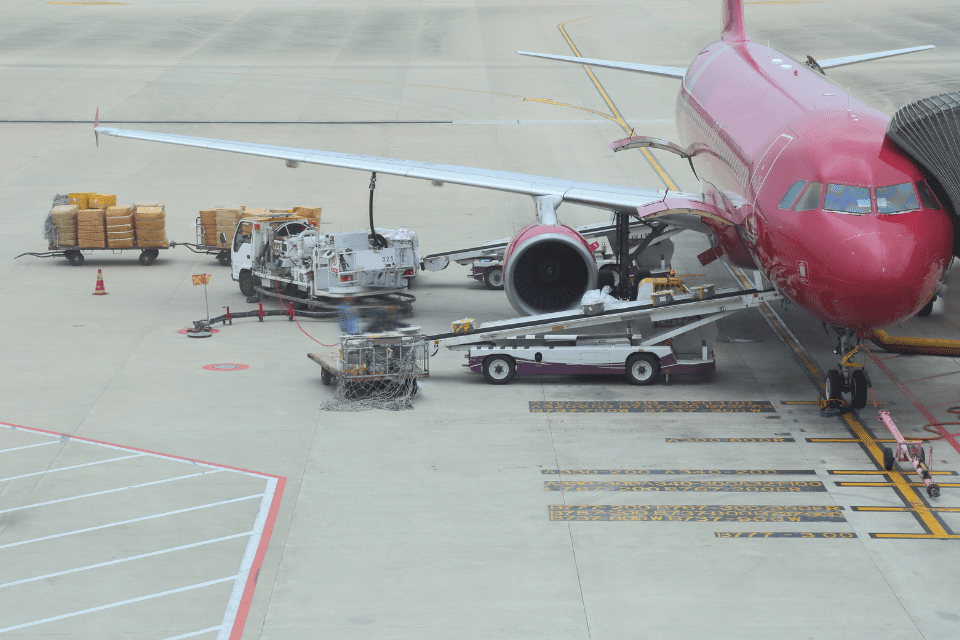Navigating customs regulations is crucial for any business engaged in international air freight. With stringent enforcement by the Australian Border Force (ABF), compliance ensures that goods adhere to local laws including security, import controls, and tax duties. This guide delves into the essential aspects of customs regulations in Australia, providing insights into tariff classifications, cargo valuation, and the importance of accurate documentation.
Understanding customs regulations
Australian customs regulations are enforced by the Australian Border Force (ABF) to manage the import and export of goods. Compliance is mandatory for businesses engaged in international trade to ensure that goods adhere to local laws, including security, import controls, and tax duties.
Key components of customs regulations
It’s important to comply with customs procedures in Australia, including tariff classifications, cargo valuation, and documentation requirements:
Tariff classifications
Goods imported into or exported from Australia must be classified under the Harmonised System (HS), a globally standardised system of names and numbers used to classify traded products.
Correct classification is not only crucial for determining the applicable tariffs and duties but also for complying with various trade agreements Australia may be part of. Incorrect classification can lead to significant fines, penalties, or even seizure of goods. Businesses should consider consulting with experts such as CASAIR to ensure accuracy.
Valuation of cargo
The Australian Border Force (ABF) requires that the declared value of the cargo accurately reflects its true market value. This valuation is critical as it affects the duty and taxes that importers must pay. The valuation should include the cost of the goods themselves, along with other costs such as freight, insurance, and packing costs up to the port of entry.
It’s important for shippers to maintain transparency in their invoices and provide detailed cost breakdowns to avoid disputes or re-assessments by customs authorities. Regular audits and reviews of valuation declarations can help businesses ensure compliance and avoid potential penalties.
Documentation
Proper documentation is essential for smooth customs clearance. The key documents required by the ABF include:
Commercial invoice: This should provide detailed information about the transaction, including the seller and buyer details, description of goods, terms of sale, and details of any other charges.
Packing list: This should outline in detail the contents of each package, including quantities, weights, and dimensions, which can be crucial for inspections.
Air waybill: This is the contract of carriage and serves as a receipt of goods by an airline, which is necessary for international shipments.
Certificates: Depending on the nature of the goods and the destination country, certificates like fumigation, origin, or health certificates might be required.
At CASAIR, we prioritise accurate and complete documentation to ensure faster processing and fewer delays. This precision supports smoother customs clearance and timely shipment deliveries.
Common challenges in air freight customs
Navigating customs in air freight involves several challenges that can impact the efficiency and security of your shipments:
Delays: Customs clearance can cause significant delays in shipments. These can stem from incomplete documentation, misclassification of goods, or mandatory inspections.
Regulatory changes: Customs laws and import/export requirements in Australia can change frequently. Keeping updated with these changes is crucial to avoid compliance issues and potential fines.
Security and safety: Increased security and safety concerns have led to stricter regulations at many international gateways in Australia. Compliance requires meticulous planning and detailed documentation.
Best practices for managing customs
Adopting best practices in customs management can help mitigate risks and enhance the efficiency of your customs processes:
Stay informed: Regularly update yourself on international trade agreements and changes in Australian customs regulations that may affect your shipments.
Accurate documentation: Ensure all documents are complete, accurate, and submitted on time to reduce the risk of delays and penalties.
Use technology: Employing technology solutions like a customs management system (CMS) can help streamline the documentation process and maintain records efficiently.
How CASAIR can help
At CASAIR, we are committed to delivering unparalleled air freight services that meet the diverse needs of our clients across Australia and internationally. With over 30 years of experience, we have established ourselves as experts in managing time-critical cargo with a focus on safety, efficiency, and customer satisfaction.
Here’s how we can assist with your air freight needs:
Comprehensive freight solutions: Whether you need to transport cargo by air, land, or sea, CASAIR offers a variety of solutions tailored to fit your budget and timeline. Our services include urgent freight solutions, with a focus on industries such as mining and corporate sectors where time sensitivity is crucial.
Expert handling of dangerous goods: CASAIR is adept at managing the complexities of shipping dangerous goods. We ensure compliance with IATA regulations, providing necessary training, suitable packaging, appropriate markings, and correct paperwork to prevent delays and ensure safety throughout the transport process.
Customs clearance assistance: While we are not a customs broker, CASAIR has extensive experience in coordinating with freight forwarders and customs brokers to facilitate smooth customs clearance. This helps alleviate the stresses associated with international freight movements.
Flexible transportation options: We understand that not all cargo can be sent directly to its final destination. CASAIR can lodge freight through different airports or combine air and road transport to ensure your cargo reaches its destination efficiently. We also offer a variety of service levels including standby, express, and priority uplift depending on your needs.
Dedicated charter flights: For those needing bespoke transport solutions, CASAIR provides dedicated charter flights that can be tailored to your specific requirements, whether it’s for FIFO operations, executive travel, or transporting sensitive equipment.
Our commitment to ‘the best way’ philosophy ensures that we continue to provide high-quality service without compromising on safety or efficiency. We invite you to explore how CASAIR can support your business’s logistic needs and ensure your cargo is handled with the utmost care and professionalism.
Conclusion
Navigating customs regulations in air freight is not just about compliance—it’s about ensuring the efficient and secure movement of goods across borders. At CASAIR, we leverage over 30 years of experience to offer comprehensive freight solutions tailored to meet the diverse needs of our clients. From handling dangerous goods to assisting with customs clearance and providing dedicated charter flights, our approach ensures safety, efficiency, and customer satisfaction.
We invite you to explore how CASAIR can enhance your logistical operations and help you navigate the complexities of international trade with ease. Contact us today to learn more about our services and how we can assist you in achieving seamless air freight operations.





